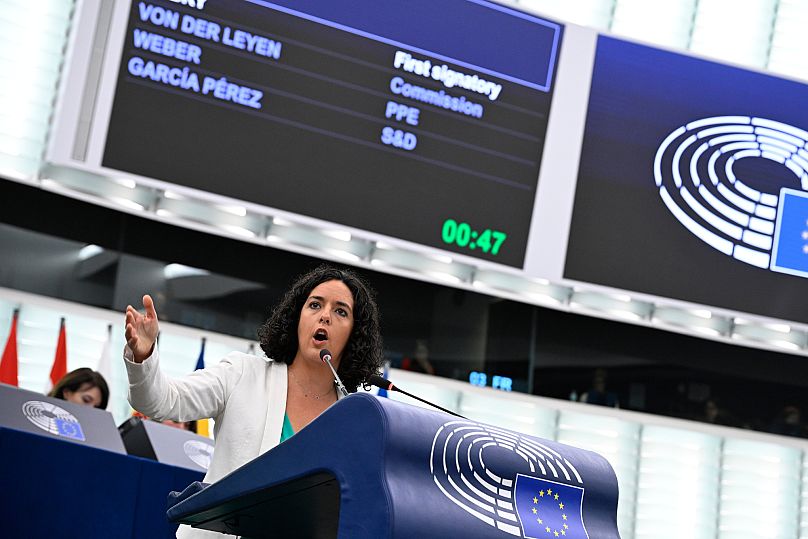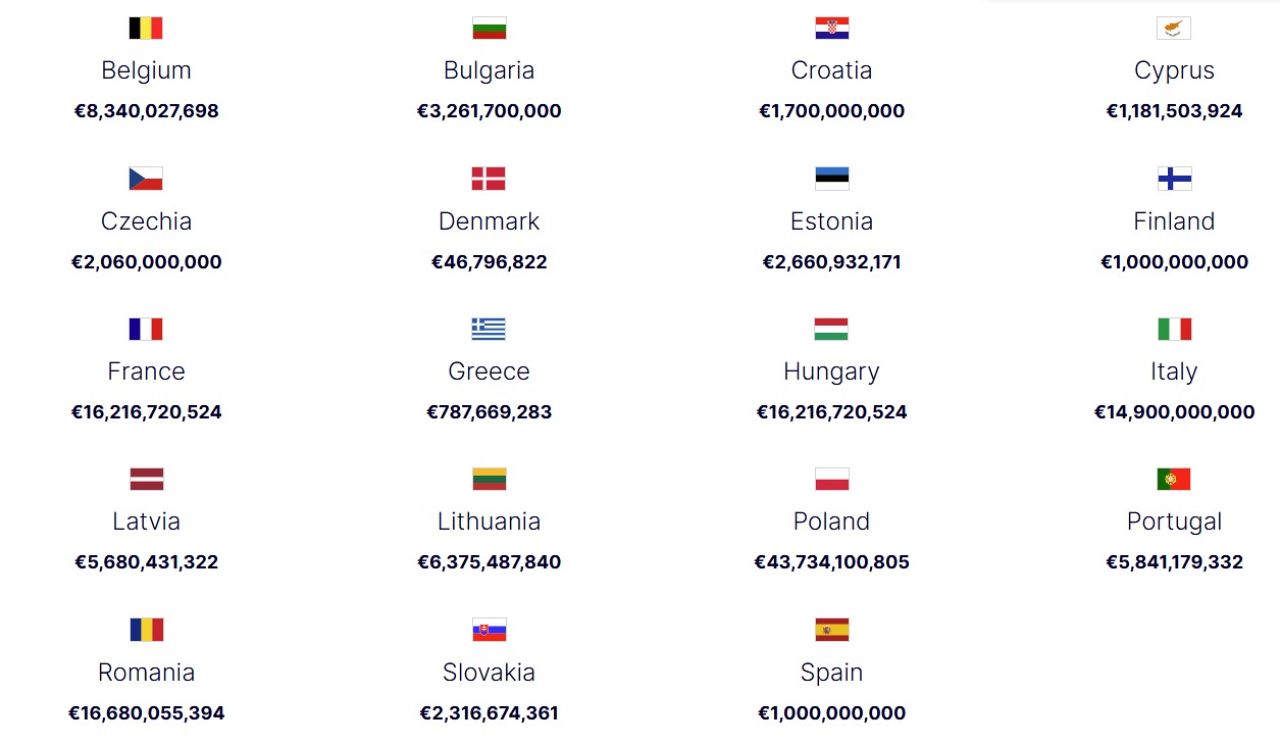Adobe's Blockbuster Figma Merger Crumbles Under Regulatory Fire

Adobe and Figma have mutually agreed to terminate their proposed $20 billion merger agreement, a decision driven by mounting global regulatory pressures. The highly anticipated acquisition, which would have seen the design software giant Adobe take over the rapidly growing product design platform Figma, will now not proceed. As a consequence of this termination, Adobe is obligated to pay Figma a substantial reverse termination fee of $1 billion in cash.
This strategic reversal comes after intense scrutiny from regulatory bodies across multiple jurisdictions, including the UK's Competition and Markets Authority (CMA), the European Commission, and the United States Department of Justice (DOJ). These regulators expressed significant concerns that the merger would create an undue concentration of power, potentially leading to a near-monopoly for Adobe in the design software market. A primary fear was that Adobe's acquisition of Figma, a platform that had already surpassed Adobe's own XD application in popularity and innovation, would stifle competition and prevent Figma from continuing its independent growth and advancement in the industry.
Both companies acknowledged their disagreement with the regulatory findings but conceded to the necessity of moving forward independently. Shantanu Narayen, Adobe's Chair and CEO, stated, "Adobe and Figma strongly disagree with the recent regulatory findings, but we believe it is in our respective best interests to move forward independently." He further emphasized that despite the setback, both companies remain well-positioned to capitalize on market opportunities. Similarly, Figma CEO Dylan Field conveyed his disappointment, remarking, "It’s not the outcome we had hoped for. But despite thousands of hours spent with regulators around the world detailing differences between our businesses, our products, and the markets we serve, we no longer see a path toward regulatory approval of the deal."
Despite Adobe's efforts to address the concerns, including rejecting suggested remedies by the UK's CMA, the path to regulatory approval proved insurmountable. The European Commission, which had been conducting its own antitrust investigation, has since dropped its probe following the termination announcement. This saga highlights the increasing vigilance of global regulators in scrutinizing major tech acquisitions.
The termination of the Adobe-Figma merger leaves lingering questions about its impact on design innovation and the broader market dynamics. While it marks a definitive end to one of the tech industry's most significant planned mergers, it also potentially opens new avenues for Figma's independent expansion and forces other tech giants to reevaluate their acquisition strategies in an era of heightened regulatory oversight. This case study serves as a compelling illustration of the delicate balance between corporate ambitions and the imperative to foster competitive, innovative markets.
You may also like...
Bafana Bafana Seals World Cup Berth in Stunning Rwanda Win

South Africa secured their spot in the 2026 FIFA World Cup by thrashing Rwanda 3-0 in their final Group C qualifier. Goa...
Super Eagles Dominate Benin, Secure World Cup Playoff Thriller

Nigeria's Super Eagles secured an emphatic 4-0 victory over Benin in their final 2026 FIFA World Cup qualifier, highligh...
Elsbeth Season 3: Exclusive Teases Hint at Halloween Thrills & Deepening Character Bonds

The third season of "Elsbeth" promises deeper character exploration, introducing Captain Wagner's daughter Julia and int...
Neo-Soul Scion's Heartbreak: D'Angelo & Angie Stone's Son Mourns Tragic Loss of Both Parents

Michael Archer Jr., son of music icons D’Angelo and Angie Stone, faces a profoundly difficult year after losing both par...
Alarm Bells Ring: Britney Spears' Ex Fears for Pop Icon's Life Amid Mounting Concerns

Kevin Federline's upcoming memoir, "You Thought You Knew," raises alarming concerns about Britney Spears' mental health ...
Teen's Brutal Rampage: 15-Year-Old Stabbed, Girlfriend Attacked

A 15-year-old boy faces trial at Liverpool Crown Court for the alleged attempted murder of another teenager, whom he sta...
Boxing Icon's Legacy: Ricky Hatton Death Details to Unfold

An inquest into the sudden death of British boxing icon Ricky Hatton is scheduled to open on Thursday, a month after the...
Ibiza Unleashed: Inside Desperados' Epic Gen Z Bash

Desperados orchestrated a vibrant cultural takeover in Ibiza, bringing Nigerian creators and contest winners to the lege...



